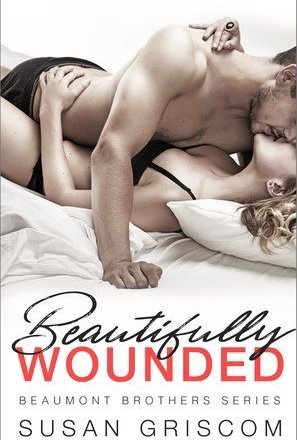
Beautifully Wounded
Book
Sometimes the only way to salvation... is to take a leap of faith. What would you do if you had...
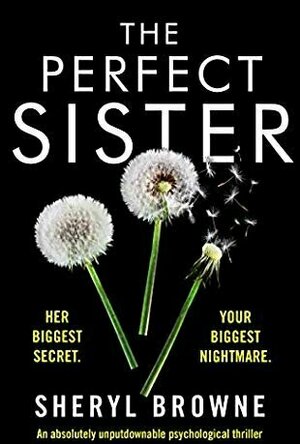
The Perfect Sister
Book
Original Title: The Family Secret Claire always wished for a sister. But should you be careful...
Mystery Thriller Stand-alone
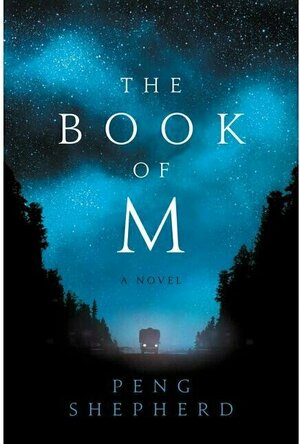
The Book of M
Book
Set in a dangerous near future world, The Book of M tells the captivating story of a group of...
Shadows forgetting love journey

The Escort (Nights Series #2)
Book
He is everything I’ve ever wanted in a man. And I will do anything to get him. Even if I have to...
M_M Contemporary Romance
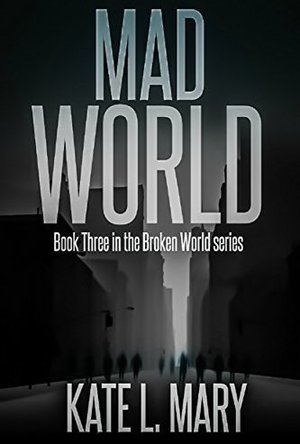
Mad World
Book
Mad World is the third book in the Broken World series, which follows a group of survivors after a...
Post Apocalyptic Apocalypse Dystopia Dystopian Zombies
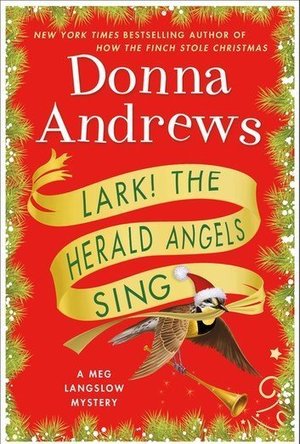
Lark! The Herald Angels Sing
Book
Away in a manger, asleep on the hay, Meg Langslow finds a little gift. For four previous...
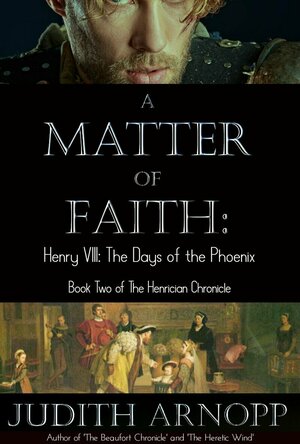
A Matter of Faith – Henry VIII: The Days of the Phoenix
Book
Finally free of Catherine of Aragon, Henry VIII, is now married to Anne Boleyn and eagerly awaiting...
Historical Fiction Tudors Henry VIII
Merissa (13780 KP) rated The Onyx Prince (The Journals of Ravier #3) in Books
Oct 28, 2021 (Updated Jul 12, 2023)
As with the previous books, there is SO MUCH going on. I mean, seriously. In fact, if I could ask for something, it would be a small description of each 'clan', just so I can keep it clear in my head just who does what. Saying that - the character list helped a lot, as did the rundown at the beginning.
This is a fast-paced book, but a true fantasy in that it is a long read, giving you time to immerse yourself in their world. I love how Tyler is growing into whom he is supposed to be. I still don't think he will end up with Sky, but we'll see.
This is also an emotional book that had me in tears at one point. Did I think what did happen would happen? Yes. Did it stop me from crying? Absolutely not! And I love that - to be gripped by a character so much I get all the feels.
This is the third book, but it's definitely not the end. I have enjoyed these three, and now I can look forward to the next three. Absolutely recommended by me.
** same worded review will appear elsewhere **
* A copy of this book was provided to me with no requirements for a review. I voluntarily read this book, and the comments here are my honest opinion. *
Merissa
Archaeolibrarian - I Dig Good Books!
Oct 28, 2021

The Captain's Pet (Alien Slave Masters #1)
Book
When a distant planet’s ownership is in dispute, conquering aliens turn defiant human males into...
Science Fiction MM Erotic Romance BDSM
Lyndsey Gollogly (2893 KP) rated The Last Cabin Girl in Books
Aug 28, 2023
Kindle
The Last Cabin Girl
By
Tom Swyers
⭐️⭐️
As the pandemic begins, Josie Thompson is a struggling waitress, mom of two great kids. She wants a fresh start far from her abusive husband, the confining small town she calls home, and a long-held secret her family refuses to disclose.
But Josie isn’t going anywhere. After murder victims turn up floating in the river near her isolated cabin, the FBI quickly charges her in one of the killings. Thankfully, she’s freed on bond, but charges for the other deaths loom. The FBI thinks she’s a serial killer.
If convicted, she faces life in prison and a future forever apart from her children. Josie can’t let that happen. She must venture out of her comfort zone to prove her innocence, even if it means confronting her issues, including a growing fear of COVID-19.
Can she trust anyone to help? A friendly detective and former police officer? Her estranged lawyer-brother, David Thompson? Her cryptic parents? A wealthy bachelor who has eyes for her?
In a town where things are not what they seem and not everyone can be trusted, can Josie clear her name, or will her own dark secrets be her undoing?
I honestly don’t know what I just read. I hate giving 2 star reviews but I just don’t know what I feel about this book. It started well but I think there were to many ideas thrown into it I found it became completely bizarre towards the end I mean I can see what the author wanted to to do was twist , turn and shock but all it did for me was twist, turn and confuse. We have the covid 19 virus, conspiracy, incest and espionage that didn’t gel well in my opinion. So sorry 🙈

